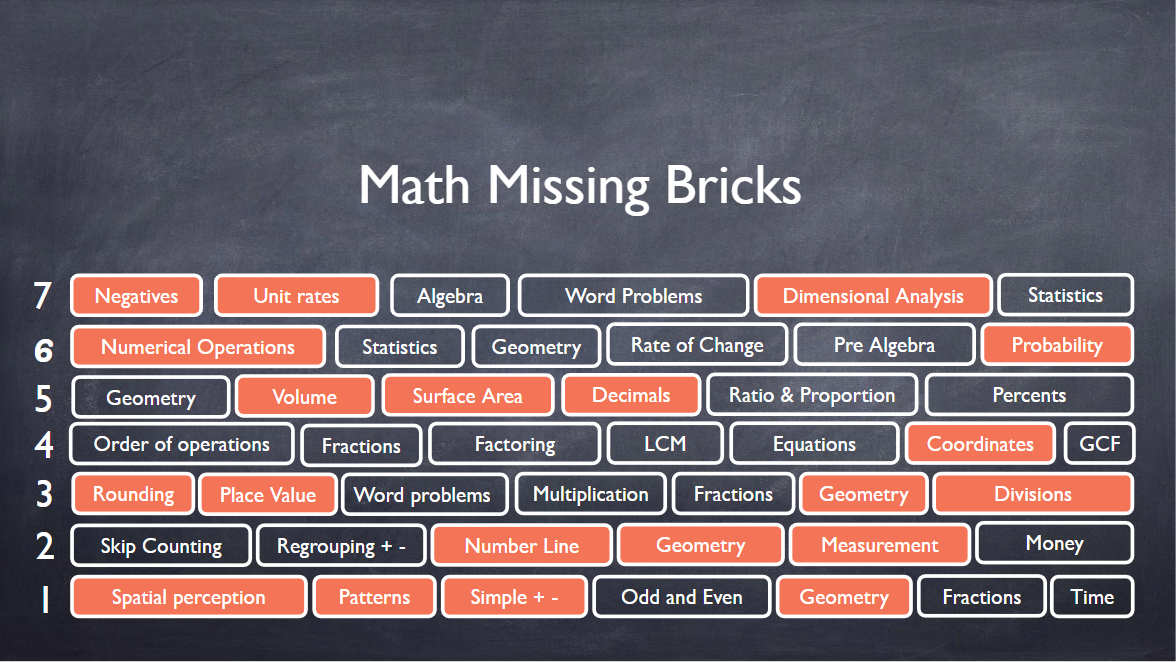 Do you think your child has impulse control issues? Impulse control issues can lead to future academic issues and not getting along with their peers. Impulse control, problem solving abilities, and planning ahead are what are known as “executive functions.” Executive Functions are the basic abilities need to interact with people and learn new skills. They start to develop when we are toddlers. Children who cannot or will not develop these executive functions experience many academic disabilities, most notably in the first few years of elementary school. If left unchecked, these issues will prevent children from advancing in the same pace as their peers, they will often be left behind or unable to finish school.
Do you think your child has impulse control issues? Impulse control issues can lead to future academic issues and not getting along with their peers. Impulse control, problem solving abilities, and planning ahead are what are known as “executive functions.” Executive Functions are the basic abilities need to interact with people and learn new skills. They start to develop when we are toddlers. Children who cannot or will not develop these executive functions experience many academic disabilities, most notably in the first few years of elementary school. If left unchecked, these issues will prevent children from advancing in the same pace as their peers, they will often be left behind or unable to finish school.
What are Executive Functions?
Recently a paper was presented based on the study done by professors Paul Morgan and Marianne Hillemeier of Pennsylvania State University and Professor George Farkas of University of California. The paper discussed three major executive functions which were studied in relation to student performance. The first was working memory, which is the ability to retain information over time. The second was cognitive flexibility, otherwise known as the ability to shift between different facets of a problem and to integrate new information to solve it. The last executive function they studied was inhibitory control, which is the ability to look past distraction and stay on task.
How do They Impact Your Child’s Education?
If a child does not have these executive functions, they will often have impulsive or irrational behaviors. They will be unable to focus on a task and will get frustrated easily. Lastly, it will take comparatively longer for that child to advance in academics. The paper showed that the odds of students struggling by the time they reached 3rd grade – in math alone – are five times greater than their peers if they have not developed their executive functions.
Does Your Child Have Deficits?
An easy way to check is to see what your child can do by themselves.
- For working memory: Can your child remember sequences and patterns? These patterns can be your phone number, house address, days of the week, or months of the year. For older children, have them repeat back a random set of numbers such as their grandparent’s or older sibling’s birthday in MM/DD/YYY format, i.e. 05/28/1991.
- For cognitive function: Can they group pictures by patterns and colors? Can they put together all their toys that have the color red or all their toy trucks in one pile and toy cars in another?
- For inhibitory control: This is the most crucial. How easy is your child distracted? Can they do tasks such as finishing their homework or putting away their toys without getting distracted? Do you have to constantly remind them to do finish their tasks?
What Can You Do?
The most important thing is to catch it early. The examples given above are somethings a 4 or 5 year old with sufficient executive functions is able to do. If your child is not able to do these examples or similar tasks, then this can mean they have some deficit in executive functions. If the child is without executive functions or is lacking in some of them, they will be severely crippled in academics by the time they reach 3rd grade. Enrolling your child in academic enrichment programs to develop cognitive functions and memory tools will get rid of those deficits. Math Genie’s Mental Math and Abacus program has made great changes in children who were academically and developmentally behind in school. Because Math Genie takes children as young as 3, there is no reason for your child to be behind.
Sourced through
https://www.the74million.org/big-picture-memory-deficits-struggle-math/





